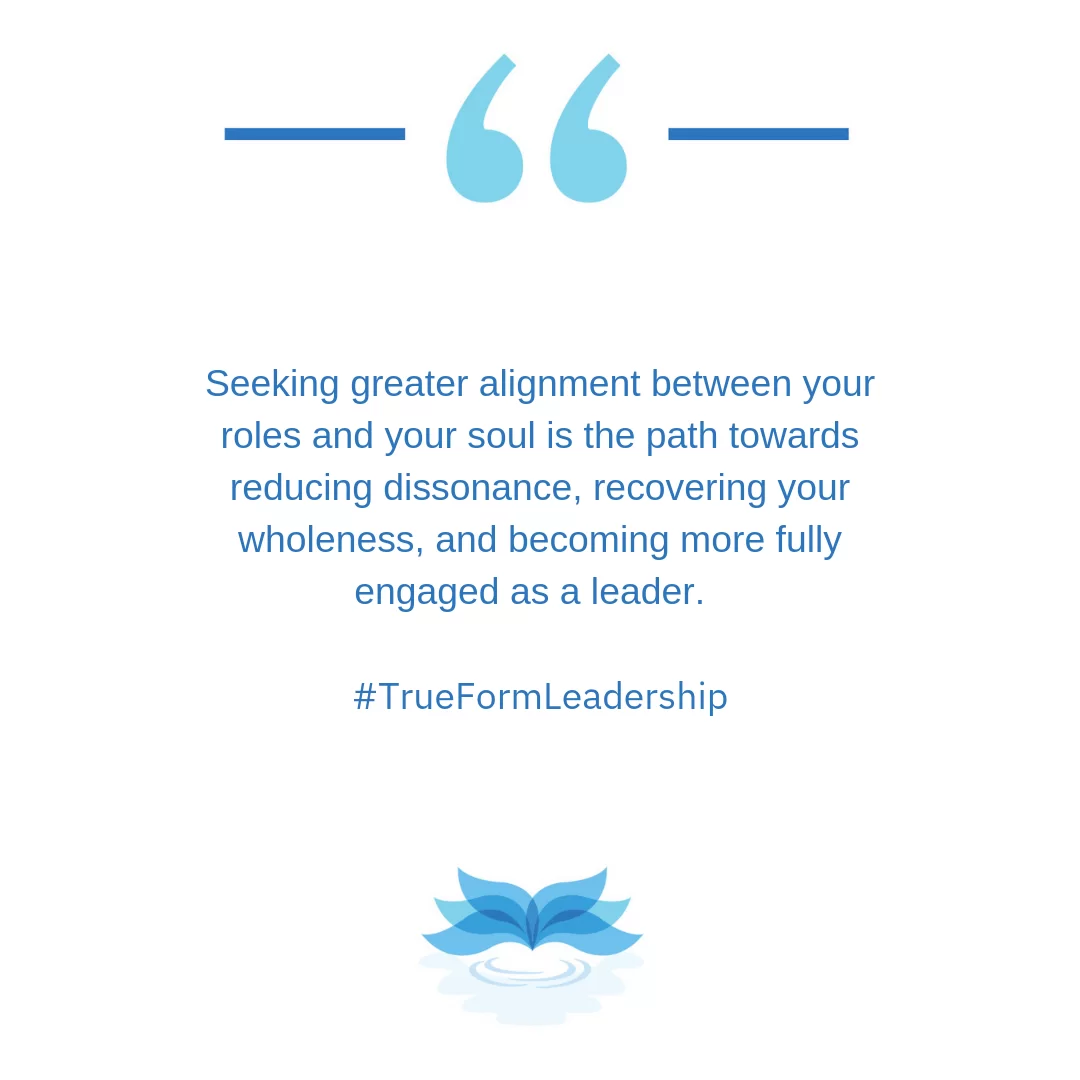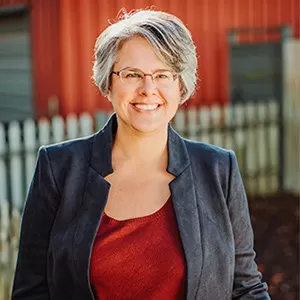How Do You Orient?
Last week I introduced a leadership development practice to explore your personal drivers as a means of clarifying your values. The focus of the exercise was to pay attention to your daily choices, looking for patterns that emerge with regards to how you prioritize four domains of functioning (physical, intellectual, relational, and spiritual) within your life.
– Do you value affection and connection with others over ideas and the influence to achieve them?
– Do material things hold more interest than personal meaning and belief systems?
There’s no right or wrong answer. Rather, by cultivating a greater understanding of where you primarily orient, you’re able to leverage this, as a business leader, to gain increased strategic alignment within your company.
After taking some time sitting in this practice, a bigger question soon arises: Whose life am I considering? You may have a different answer when weighing choices through your lens as a business owner versus your lens as a spouse, a parent, or a friend. Then, when you’re all alone and no one’s keeping score you may be driven by a completely different set of values all together.
It can be unsettling to realize there may be a difference in the answers based on which role, or lens, you’re looking through.
At some level, this difference exists for most of us. As part of the human experience, multiple roles are introduced in our lives. To avoid struggle, and meet external expectations, we learn to adapt into those roles in ways that may or may not align with our truer nature.
Over time, however, a division can grow between our public roles and our inner souls. This is especially true when we’re highly rewarded for the roles we learn to play. Those parts of inner self that aren’t valuable, or even may be a detriment, to our worldly roles can get buried.
Parker Palmer calls this “the divided life.” In a A Hidden Wholeness: The Journey Toward an Undivided Life he explains, “Afraid that our inner light will be extinguished or our inner darkness exposed, we hide our true identities from each other. In the process, we become separated from our own souls. We end up living divided lives, so far removed from the truth we hold within that we cannot know the “integrity that comes from being what you are.”
Inner exploration around “what you are,” and how you weigh decisions, can be hard to sort out.
For many of us, we learned it wasn’t safe to be in the world as we truly are. We worry that the part of ourselves that we know when we’re alone and no one’s keeping score might not be as witty, or successful, or appealing as the mask we’ve formed for the world. There’s concern that these parts of ourselves won’t get us as far in life as the roles we’ve learned to play.
Parker comments that this is especially true of members in the LGBTQ community who often live in fear of being marginalized, hated, or disowned. At some level, we all have our version of this story. Maybe you were too soft, too emotional, too artistic, or too out of the box. Maybe too pensive, too energetic, too bold, or too social and eccentric.
When we’re young, vulnerable, and more dependent on family and social structures these messages of “too much” have the power to zap our inner light. We build masks to protect our most fragile parts. Our wholeness becomes hidden and lost, even to ourselves.
Committing time and space to explore these various parts of yourself, especially with a trusted guide, cultivates deeper self-knowledge and understanding. Seeking greater alignment between your roles and your soul is the path towards reducing dissonance, recovering your wholeness, and becoming more fully engaged as a leader.
~
Leadership Development Practices to help you engage with these concepts in your own leadership development journey:
Peering Through the Lens of Your Roles: As an extension of last week’s practice, play close attention to the decisions that arise around where you commit your time and resources. What domain of functioning (physical, intellectual, relational, and spiritual) leads your choice as a business owner? How about the parent/spouse/friend in you? Then take some deep breaths to ground yourself for this next question… What’s of priority to that part of yourself when you are all alone and no one is keeping score?


